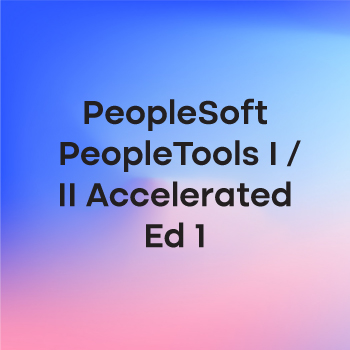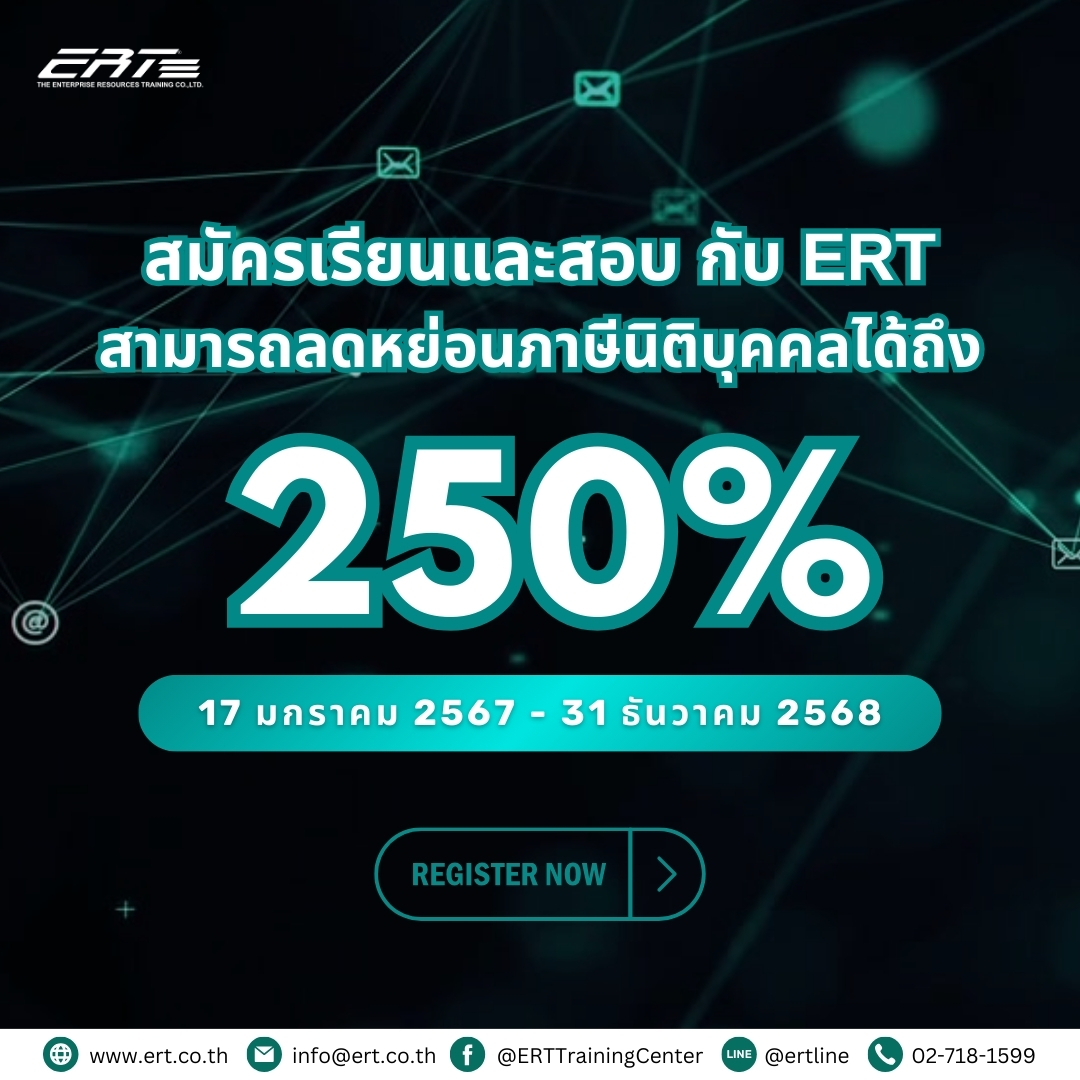PeopleSoft PeopleTools I / II Accelerated Ed 1
This PeopleTools training introduces you to the PeopleSoft application development methodology. Dive deep into the PeopleSoft system architecture and the tool set used to develop new applications or customize existing PeopleSoft applications. Then, learn to create applications that incorporate parent-child data structures, views, multiple occurs levels, subrecords, subpages, tableset sharing, and selected fluid user interface features.
Prerequisite skills include
- Working knowledge of PeopleSoft data organization and validation
- Working knowledge of the PeopleSoft architecture
STUDENTS WILL LEARN TO
- Describe PeopleSoft application design and the technology behind this process
- Navigate PeopleSoft applications
- Describe the elements of the PeopleSoft Pure Internet Architecture
- Describe PeopleSoft data organization and validation
- Implement the eight steps of PeopleSoft application development
- Organize definitions into projects
- Design and build PeopleSoft applications, including building data structures and creating user interfaces
- Build classic and simple fluid PeopleSoft applications
- Demonstrate competence in PeopleSoft application development methodology
- Apply PeopleSoft design methodology in developing both classic and fluid applications.
- Create and use views as the basis for summary pages, search records, and prompt tables.
- Explain and implement TableSet sharing.
- Create records and pages that maintain parent-child relationships.

|
Phone
|
Phone
|
|---|---|
|
Product
|
Oracle
|
|
Code
|
D105597GC10
|
|
Duration
|
5 Days
|
|
Price (baht)
|
70,500
|
About the course
COURSE TOPICS
Module 1 : Describing PeopleSoft Applications
Module 2 : Navigating PeopleSoft Applications
Module 3 : Explaining PeopleSoft Architecture
Module 4 : Validating Data
Module 5 : Using Application Designer to Develop Applications
Module 6 : Designing the Application
Module 7 : Defining Fields
Module 8 : Creating Record Definitions
Module 9 : Building SQL Tables
Module 10 : Creating Page Definitions
Module 11 : Defining Components
Module 12 : Registering Components
Module 13 : Testing Applications
Module 14 : Editing the Portal Registry Structure
Module 15 : Creating Menu Definitions
Module 16 : Analyzing the Impact of Design Changes
Module 17 : Building Classic Applications
Module 18 : Understanding the Fluid User Interface
Module 19 : Working with Fluid Homepages
Module 20 : Creating Fluid Pages
Module 21 : Working with Fluid Components
Module 22 : Testing Fluid Applications
Module 23 : Using Delivered CSS
Module 24 : Using Views in PeopleSoft Applications
Module 25 : Creating Summary Pages Using Views
Module 26 : Creating and Using Search Records
Module 27 : Implementing Search Pages for Fluid Applications
Module 28 : Using Views as Prompt Table Edits
Module 29 : Explaining TableSet Sharing
Module 30 : Creating Parent-Child Relationships
Module 31 : Explaining Buffer Allocation
Module 32 : Creating Subrecords and Subpages
Module 33 : Using Deferred Processing
Module 34 : Introducing PeopleCode in PeopleSoft Applications
Module 35 : Using Images in PeopleSoft Applications
Module 36 : Creating and Using Style Sheets
Register for Training
Schedule
| Start Date | End Date | Duration (days) | Price | Code |
|---|

